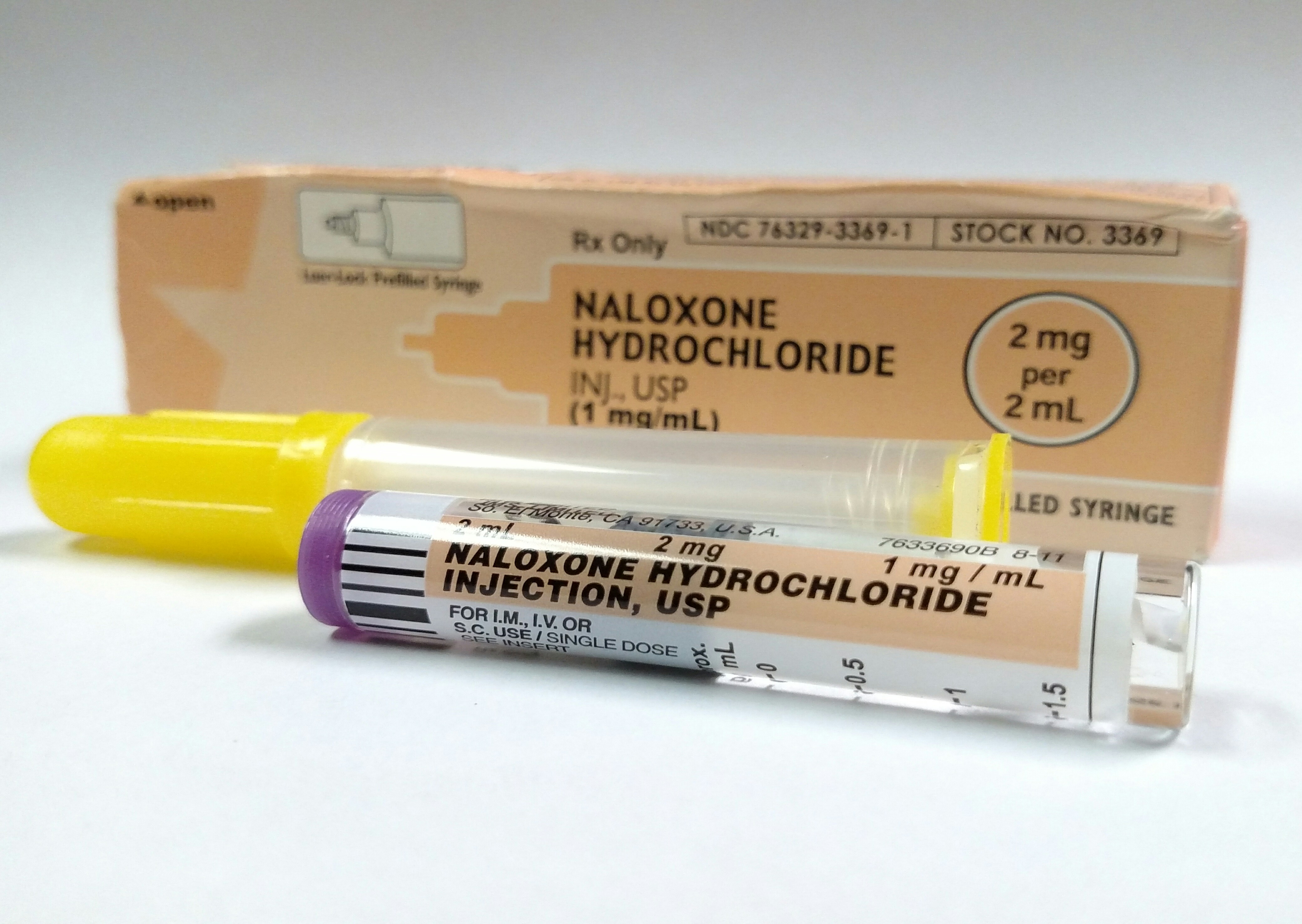10 Essential Facts About Opioids: What They Are & How They Affect You
9. The Brain's "Rewiring": Beyond the Reward Center

Opioid use fundamentally rewires neural pathways beyond just the pleasure/reward center. Chronic exposure can alter the brain's stress response system, decision-making circuits, and impulse control mechanisms. This isn't merely about feeling good; it's about deep, structural changes that contribute to compulsive drug-seeking behaviors and make quitting incredibly challenging. Understanding this neurobiological impact reveals why addiction is a complex brain disease, not just a failure of willpower.
10. Naloxone (Narcan): The Life-Saving Antidote

Despite the risks, a critical life-saving tool exists: naloxone (brand name Narcan). This medication rapidly reverses opioid overdose by blocking opioid receptors in the brain, restoring normal breathing within minutes. It's safe, non-addictive, and now increasingly available without a prescription. Knowing about naloxone, how to administer it, and keeping it on hand if someone you know is at risk of opioid overdose, can be the difference between life and death. It's an essential part of the opioid safety conversation.
